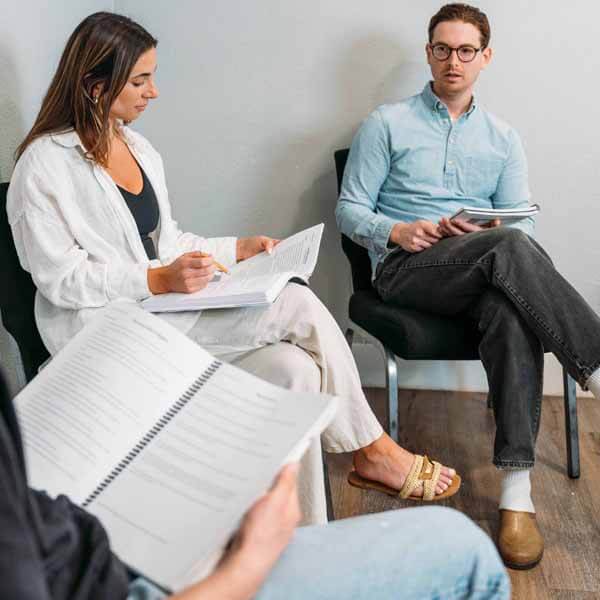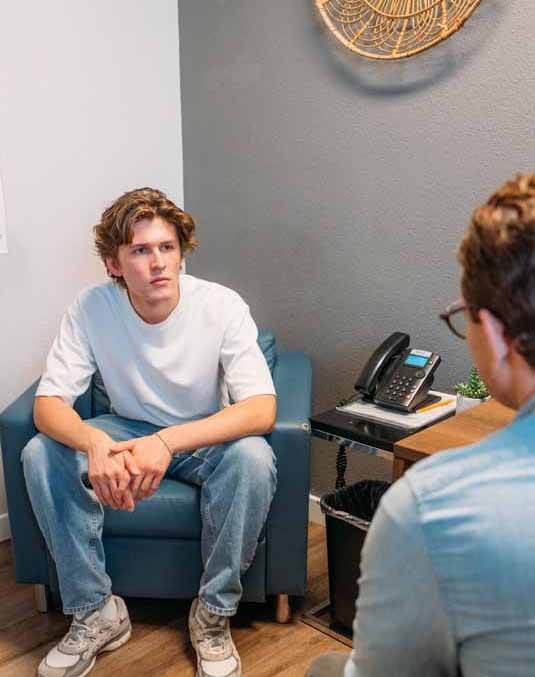Palm Desert Co-occurring Disorders Therapy & Treatment
At California Behavioral Health, we understand the unique challenges of co-occurring disorders and provide tailored treatments to address these complex conditions. Our co-occurring treatment programs ensure that both your mental well-being and substance use disorders are treated concurrently, promoting holistic recovery and long-term wellness.
Depression and alcoholism often go hand in hand, with individuals using alcohol to self-medicate their depressive symptoms. Our comprehensive treatment includes medical detox, antidepressant medications, and psychotherapy to address both depression and alcohol dependence, helping you achieve a balanced and sober life.
For those experiencing anxiety and opioid dependence, we offer medication-assisted treatment (MAT) and cognitive behavioral therapy (CBT). This approach helps manage the physical aspects of opioid withdrawal while also teaching you strategies to cope with anxiety without relying on substances.
Bipolar disorder and cocaine addiction present unique challenges due to the extreme mood swings and the stimulating effects of cocaine. The treatment plan we’ve designed for you combines mood stabilizers, talk therapy, and practical behavior strategies. This approach aims to help you handle both conditions well, lower the chance of a setback, and support steady emotional well-being.
PTSD and substance abuse require a trauma-informed approach to treatment. We provide therapies such as EMDR (eye movement desensitization and reprocessing) and trauma-focused CBT, alongside addiction counseling, to help you process traumatic experiences and reduce the reliance on substances for coping.
Schizophrenia and coexisting substance use demand a comprehensive treatment strategy that includes antipsychotic medications, psychoeducation, and supportive therapies. At CA Behavioral Health, we ensure that both your psychotic symptoms and substance use issues are addressed, improving your overall quality of life and functional outcomes.
Our dedicated team at California Behavioral Health is committed to providing you with the best possible care for your co-occurring disorders. By addressing both your mental well-being and substance abuse problems simultaneously, we aim to help you achieve lasting recovery and a healthier, more fulfilling life.



 60-Day (Two-Month) Dual-Diagnosis Treatment
60-Day (Two-Month) Dual-Diagnosis Treatment





